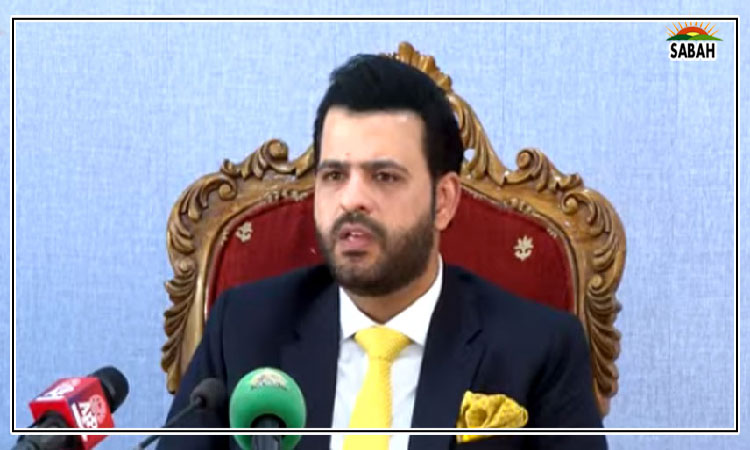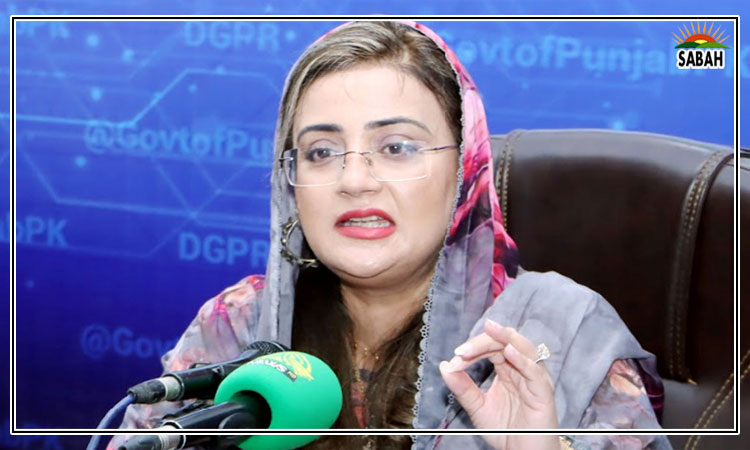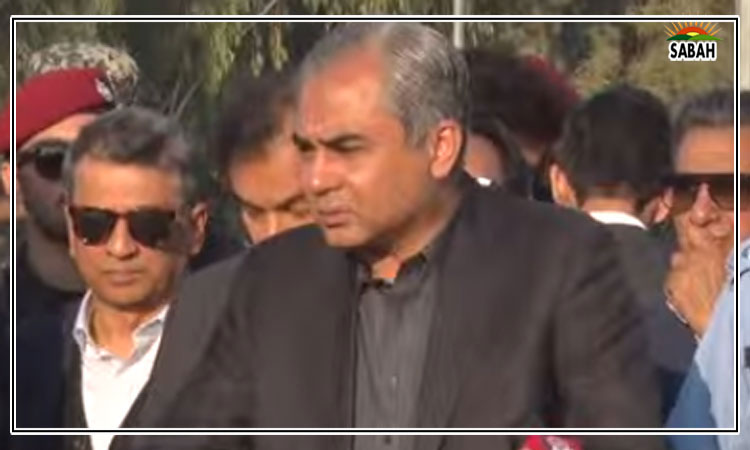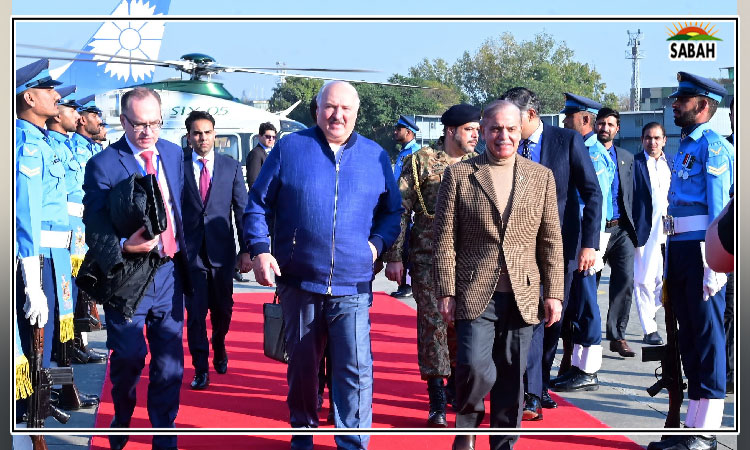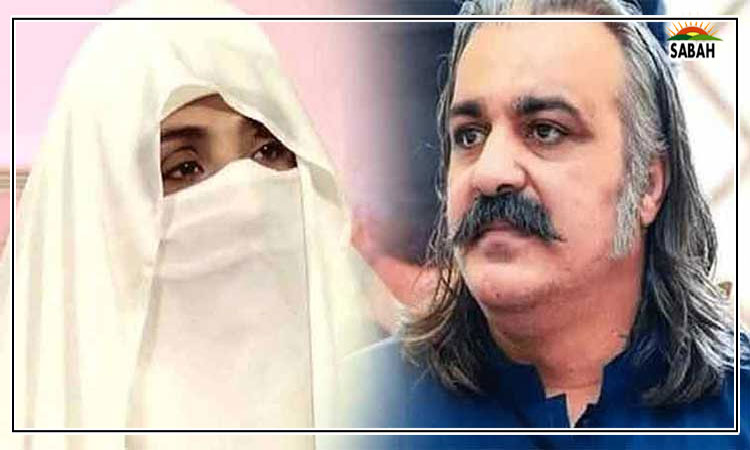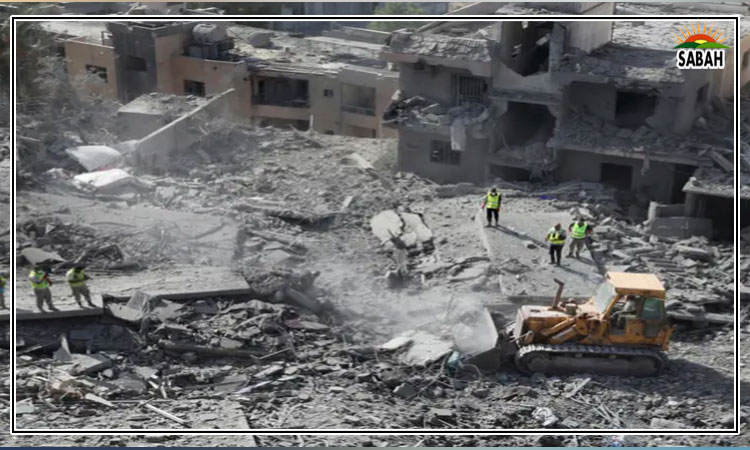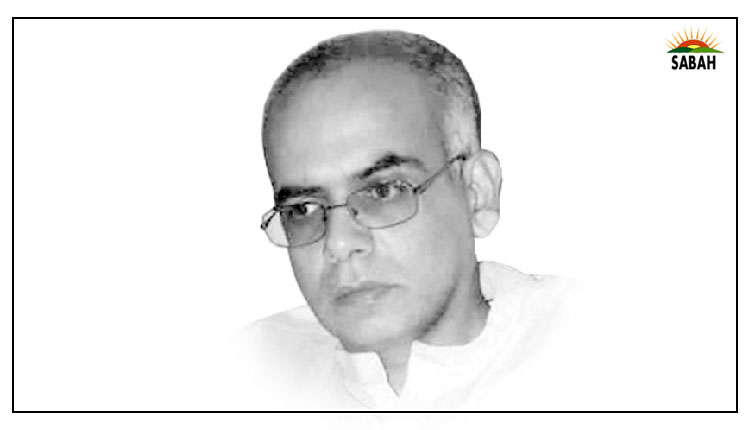Ruptures within India’s majoritarian democracy…Syed Mohammed Ali
Prime Minister Modi has cleverly crafted and manipulated the Hindutva narrative into a vote winning strategy. However, the resulting Moditva political model has begun to increasingly undermine his attempts to portray India as the mother of democracy. Modis use of majoritarianism to consolidate power is a perfect illustration of what has aptly been described as the tyranny of the majority. Modi is not the only world leader who thrives on the persecution of minorities. Tamils in Sri Lanka, or Christians in Pakistan, also suffer similar ostracisation. Xenophobic and anti-immigrant rhetoric is commonly evoked by many prominent leaders within the western world too.
The current situation in India, however, is particularly alarming. The BJP under Modi has whipped up Hindu zeal to a point of making life insufferable for its minorities, not only for Muslims, but for several other religious and ethnically marginalised groups. Lets consider, for instance, the serious ethnic clashes taking place in Manipur, and the resurgence of communal violence in Haryana, which is right next to New Delhi.
The Haryana flare-up comes on the heels of major ethnic violence in Manipur, located in the restive northeastern part of the country, which has long been home to insurgent movements in the adjoining states of Nagaland, Mizoram and Assam. The Manipur violence, which worsened at an alarming rate, was the result of a clash between the majority Meitei and minority Kuki tribes. The mostly Christian Kukis are upset by the BJP state governments attempt to give special tribal status to the Hindu Meiti majority, which the Kuki feel will severely undermine their preferential access to already scarce resources.
The Modi government has sent in troops to curb the violence from spreading but it seems unwilling to take more meaningful measures to protect the concerns of the Kuki minority. On the other hand, the latest spate of violence in Haryanas Nuh and Gurugram districts was sparked by Muslims belonging to the Meo ethnicity trying to stop a procession by the Bajrang Dal and Vishwa Hindu Parishad. The BJP-run state government has reacted in an evidently biased manner, as it has bulldozed many Muslim homes and businesses leading to accusations that the Nuh violence is providing an excuse to collectively punish the broader Muslim community.
These communal tensions have spread to other areas such as Gurugram, a bustling city near New Delhi. New Delhi had seen major communal violence against the controversial Citizenship Amendment Act in 2019, and the possibility of the Haryana situation renewing tensions in the Indian capital cannot be ruled out. Moreover, if the Hindu retaliation against the Meo is not quickly curbed, it risks spreading to other districts in Haryana such as Faridabad, Sohna and Palwal, where this ethnicity has a presence.
The Meo also live in Aligarh and Mathura in Uttar Pradesh, and in some districts of Rajasthan, which could also become embroiled in this communal violence. This dangerous situation explains the influx of security forces to contain the violence. The high court of the state has also stayed the demolition drive of Muslim communities in Nuh and sought an explanation from the BJP government in Haryana for arbitrary arrests, primarily targeting Muslims. It is unlikely that this judicial inquiry will result in any serious consequences against the BJP or other militant Hindu outfits such as the RSS or Bajrang Dal.
Moreover, the Indian Supreme Court is also hearing pleas against the revocation of Kashmirs special status, but it has already ruled out the possibility of a plebiscite. It may be wishful thinking to pin hopes on any state institution within the current Indian context to come to the rescue of Muslims in particular, or even other marginalised ethnic and religious minorities who have the misfortune of incurring the wrath of Hindu ultranationalists. As the Modi government prepares for general elections next year, it will probably double down on the idea of a muscular India, which is increasingly asserting itself on the global stage, even as it simultan
Courtesy The Express Tribune



